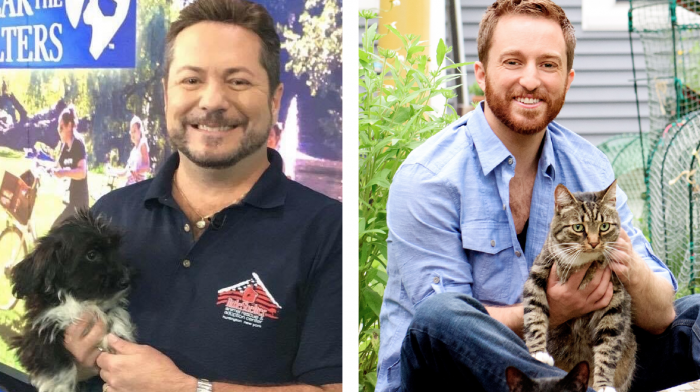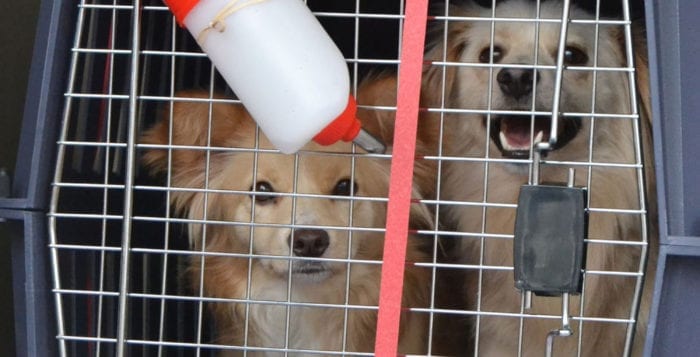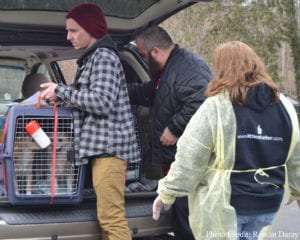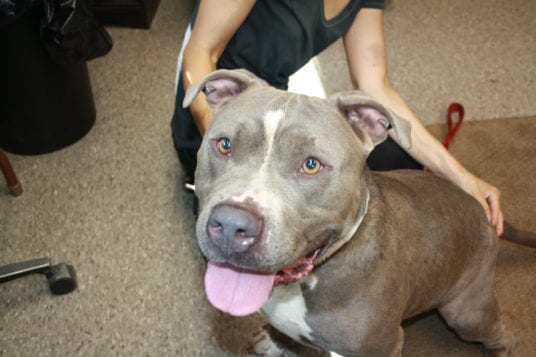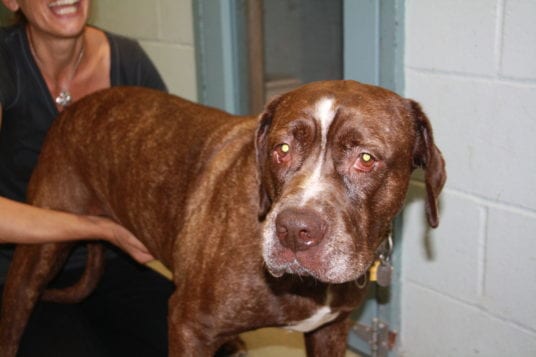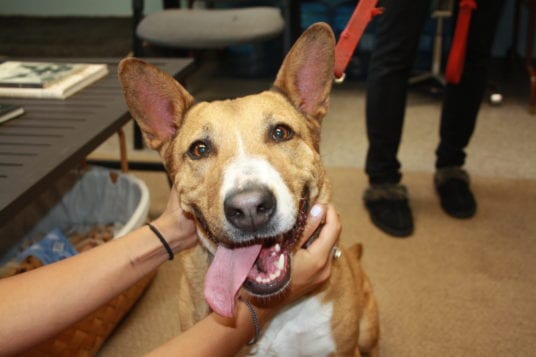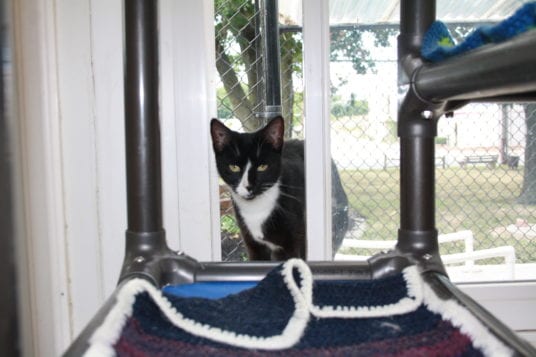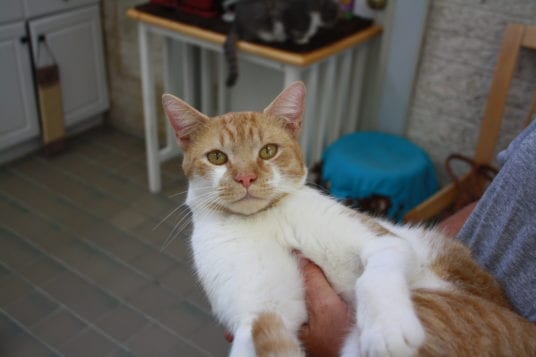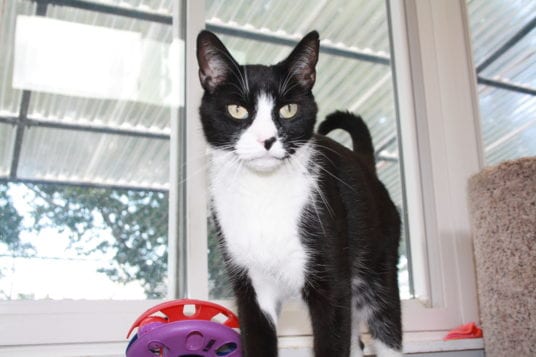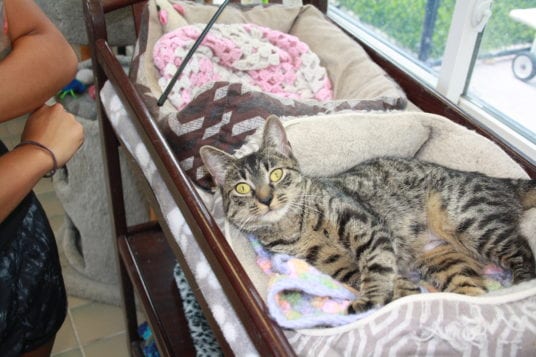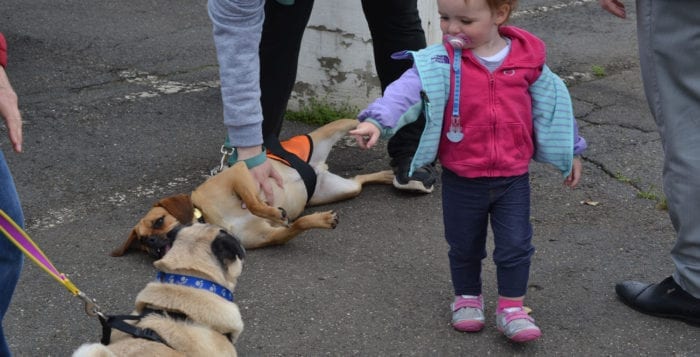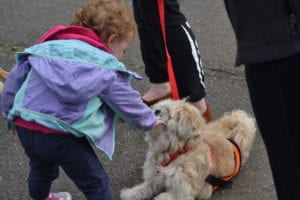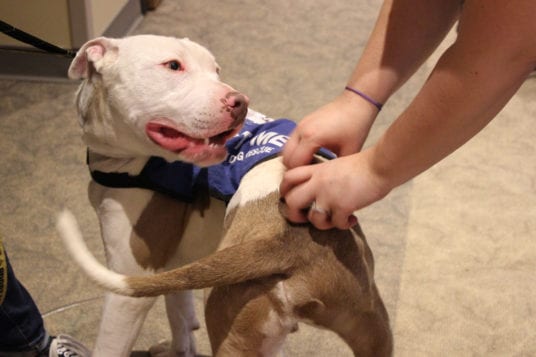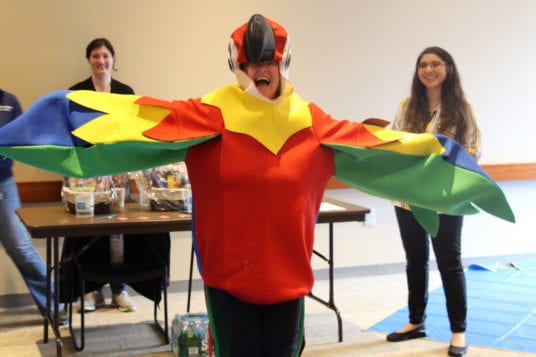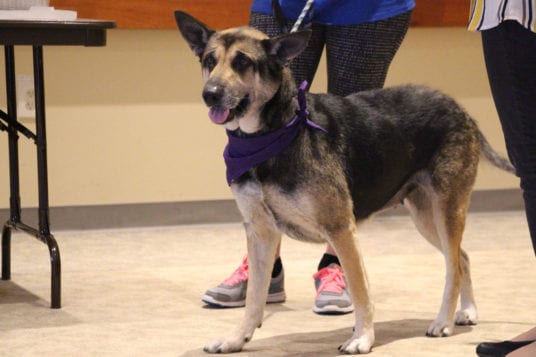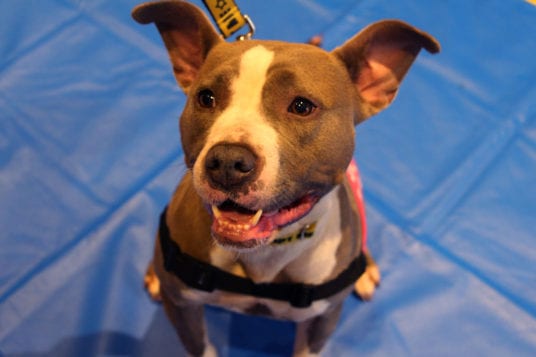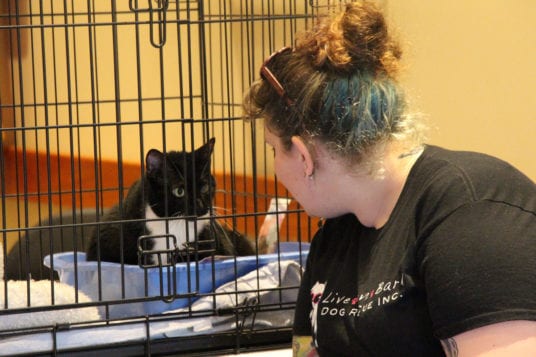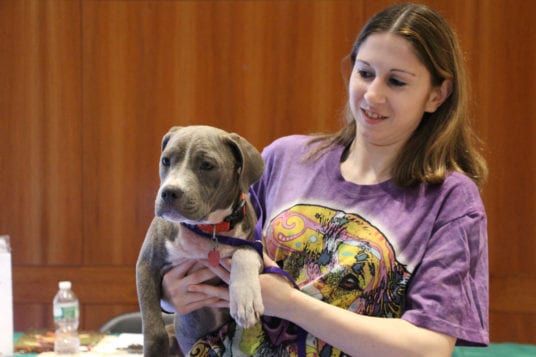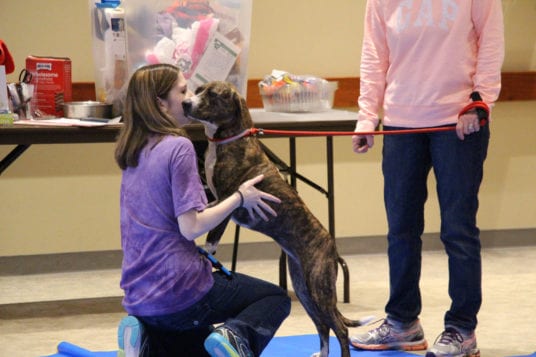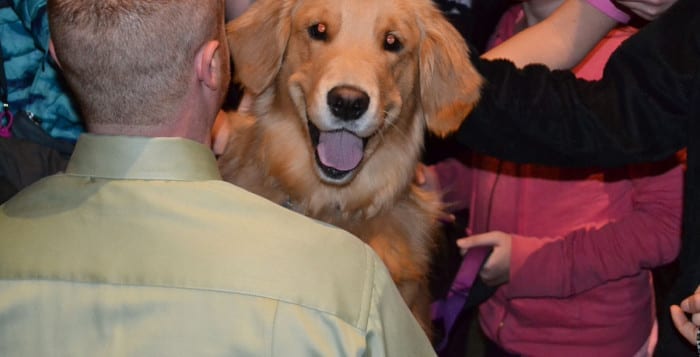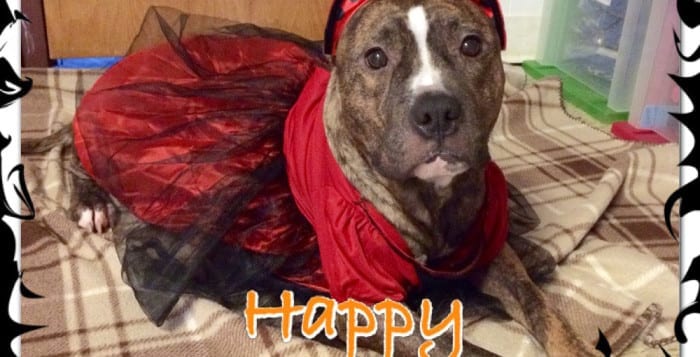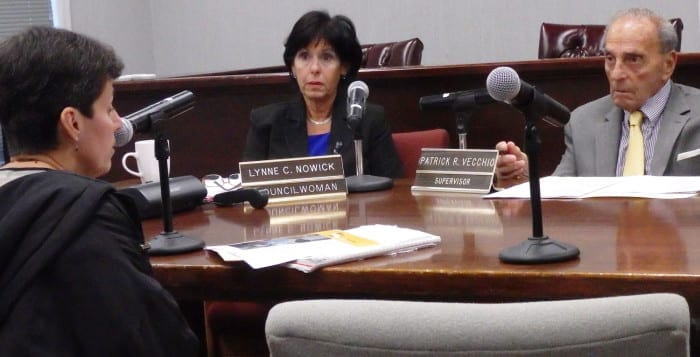Animal shelters pose increasing challenges to shelter staff, policymakers and community members.
With limited budgets and staffing shortages, local shelters are becoming increasingly overwhelmed. In the face of these pressures, animal caregivers throughout the area are working to adapt to these circumstances.
Trends on the ground
David Ceely is the executive director of Huntington-based Little Shelter Animal Rescue & Adoption Center, a nonprofit organization coordinating with and rescuing from municipal shelters throughout Long Island.
In an interview, Ceely highlighted the fundamental differences between nonprofit and municipal shelters, noting variations in financial structure and rules. Based on recent experiences on the ground, Ceely indicated that the number of animals admitted to shelters has generally increased since the pandemic.‘I think all shelters are very overwhelmed.’
— David Ceely
“When we go out to these other shelters on Long Island, [New York] City and even across the country, we’re definitely seeing an influx of animals turned into shelters,” he said.
John Di Leonardo is an anthrozoologist and executive director of Humane Long Island. This nonprofit animal advocacy organization also specializes in nontraditional shelter animals such as chickens, turkeys and ducks.
Di Leonardo reported that the general trends “have remained pretty similar” from prior years. However, there has been “immense progress” in some areas.
He cited recent state legislation barring the sale of kittens, puppies and rabbits in pet stores, suggesting that these trends signal progress for animal rescuers.
“Once that bill does take effect, and stores will only be able to sell rescued animals, I think that a huge burden will be lifted off of shelters in our area,” he said. “But until then, I think all shelters are very overwhelmed.”
Contrasts in shelters
“Our job is to go out to the municipalities,” Ceely said. “They’re funded by government, and they have a different set of rules than we do, where if they run out of space, they may have to euthanize.”
He added, “Little Shelter doesn’t do that. … We don’t euthanize for space, and some of the municipalities may have to.”
Along with these differences in financial and administrative structures, Ceely suggested that the municipal and nonprofit shelters often further depart in their hiring and training practices.
“Unfortunately, with the town shelters, they don’t necessarily have a full-on training program for the directors that go in place there,” Ceely said. “They have to try to figure it out as they go, which gets really demanding, so I see a lot of turnover there.”
He added that the lack of training and turnover at a municipal shelter can lead to “concerned citizens.”
Di Leonardo added to this sentiment, noting the differences in qualification for shelter management positions at municipal and nonprofit shelters.
“A lot of times in municipal shelters, the positions may be union-based, or they may be patronage positions mixed in with a lot of people who actually have the animals’ interests at heart,” he said.
Despite some of the perceived downsides to the municipal hiring structure, Di Leonardo maintained that privatization presents a host of new challenges, such as closed admissions policies.
“When these shelters are privatized, they often become closed admission, which is a problem,” he said. “When you’re closed admission, you have to pick and choose which animals you take, whereas municipal shelters are typically open, and they have to take whatever animal comes to their door.”
Possible solutions
Di Leonardo outlined some steps locals can take to reduce the burden upon local animal shelters. He said the process can start with reorienting thinking around the sanctity of animal life.
“Before surrendering an animal to a shelter, everyone should always make sure that they are exhausting every possible outcome to make sure they’re treating that animal like a family member and not just as a disposable birthday present,” he said. “Before anyone does get an animal for a holiday or a gift, they need to remember animals are not props.”‘Our animal care as a whole and our sheltering system is definitely a reflection of the values in a community.’
— John Di Leonardo
Ceely maintained that outreach initiatives could help alleviate pressures on both the municipal and nonprofit animal shelters on Long Island.
“Probably the best way [to enhance services] is to work on a lot of outreach to get the word out on social media and through word of mouth,” he said. “But also to have plenty of events at the facilities to try to promote adoptions.”
He added that lowering or eliminating the adoption fees for qualified adopters is “also a good idea.” In addition to these remedies, Ceely suggested a shift in focus among local officials and greater initiative by those directing the municipal shelters.
“There are a lot of other areas in the municipalities that are prioritized before the animals are,” the Little Shelter executive director said. “Oftentimes, if the animal shelter directors themselves are not speaking up, they might not get the attention or the funding that they deserve to run their shelters the right way.”
Ceely said residents can assist their local shelters by donating, volunteering, fostering and — above all — adopting.
“Most importantly, they can adopt — getting the animals into homes so that we can go out and rescue more,” he said.
For Di Leonardo, a community’s animal shelter system reflects its values. He recited a quote from Mahatma Gandhi, who once said, “The greatness of a nation and its moral progress can be judged by the way its animals are treated.”
“Our animal care as a whole and our sheltering system is definitely a reflection of the values in a community,” the Humane Long Island executive director noted. “How we treat them and care for those who have the least rights in our community is a reflection on ourselves.”

